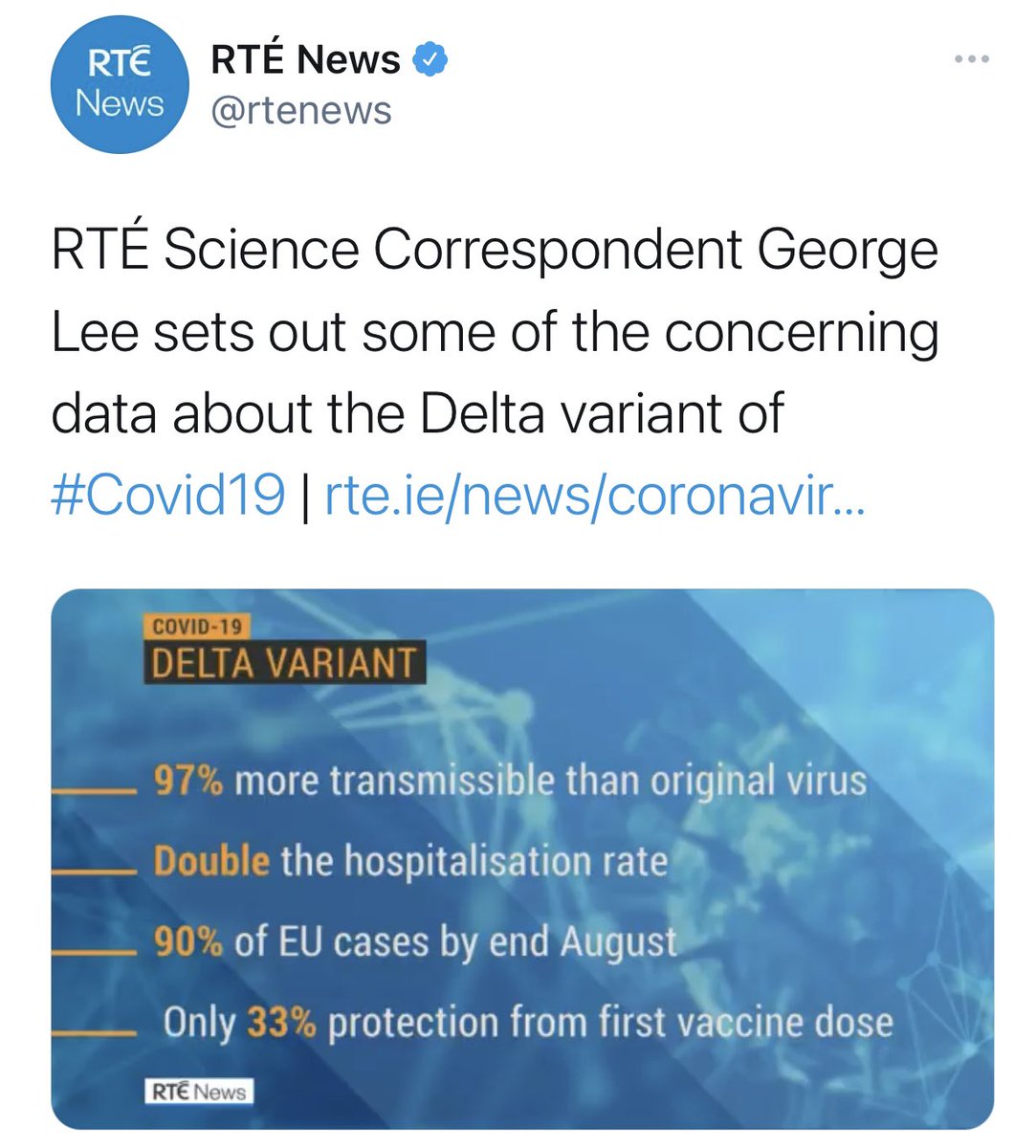It’s not about us vs them @HSELive @DonnellyStephen @SusanMitchell_ @roinnslainte
1/ Infighting, anger, frustration, fear, bun fighting. Isn’t life too short for all this. Are we not potentially going down a road of missing the point.
1/ Infighting, anger, frustration, fear, bun fighting. Isn’t life too short for all this. Are we not potentially going down a road of missing the point.
2/ First we must acknowledge one thing, which is key to all of what we do. Whether one is a full time public consultant, a public/private mix, or full time private, there is only one constant that we are all striving for- the best care for the patient sitting in front of us.
3/ We cannot lose sight of this.
4/ We must also acknowledge that over 85% of consultants in Ireland have a contract that permits them to do both public and private work. Most of us who work (now) solely in the private sector came from the public system.
5/ Most of us were in that system for 15-20 years before leaving it.
I’ve said it many times here, that I have worked with the best of the best in my public post. And each and everyone of us on a daily basis were frustrated with aspects of our jobs. Why ?
I’ve said it many times here, that I have worked with the best of the best in my public post. And each and everyone of us on a daily basis were frustrated with aspects of our jobs. Why ?
6/ Because our patients were disadvantaged by the system. They couldn’t get beds in the hospital, they waited months and months for a test to take place, they waiting months and months (often longer) even to get an outpatient clinic appointment.
7/ Efforts for change were constant. Years passed. Promises made. Little change. I admire those that continue to campaign for change. I support them. Genuinely I do. It unfortunately can sometimes appear that it’s one system against the other, when it really shouldn’t be.
8/ We are all trying to achieve the same thing- the best care for our patients. So I will always support ideas for a better public system, but I can’t support @HSELive spin, trying to sugar coat a narrative and bend the truth.
9/ I also can’t feel any enthusiasm when another “report” into what needs to be done in the public system is commissioned or presented. A “report” for me is just another stalling tactic, an electioneering tactic, then media management kicks in about “unforeseen circumstances”,
10/ “an investigation will be taking place”, “emergency measures have been taken”, “emergency funds have now been acquired”. Have we not all heard this narrative for decades.
11/ Yet we still have too few doctors, radiographers, cardiac physiologists, microbiologists, public health specialists, the list goes on and on. We have 10000 less beds now than 20 years ago. We have outdated hardware. We have IT systems that are creaking.
12/ We have scanners sitting idle for huge parts of a 24 hour day.
And all of this was foreseen. All of these challenges have been highlighted for years and years. Perhaps the crude approach of simply increasing the budget for healthcare isn’t the approach to take.
And all of this was foreseen. All of these challenges have been highlighted for years and years. Perhaps the crude approach of simply increasing the budget for healthcare isn’t the approach to take.
13/ We have done this many times and yet things are no better.
We have 800k people now on waiting lists. And yes it’s true that the public system is open 24/7 and takes every aspect of acute illness at all times, but the private system is trying to do the same.
We have 800k people now on waiting lists. And yes it’s true that the public system is open 24/7 and takes every aspect of acute illness at all times, but the private system is trying to do the same.
14/ Slowly I’ll admit, but many private hospitals now have full ED services open 12 hours a day 7 days a week. Surely that’s a good thing, progress I hope.
15/ And despite more acute complex emergencies filtering through the public ED system, the majority of those 800k on a waiting list are not awaiting complex surgeries that only filter through the public system.
16/ They are in fact awaiting a specialist outpatient, a CT or MRI scan, a cataract removed, a skin cancer removed, an endoscopy, an angiogram, an arthroscopy, a new hip or knee, etc. Most on the list need tests and treatments that are available in both systems.
17/ Personally in my speciality, there is no cherry picking. I see patients with the exact same complaints and acuity as I did in my public post. I spend less time apologising for delays that I used to encounter that were outside of my control.
18/ And the main beneficiary is the patient. And at the end of the day the patient remains at the centre of what any of us are doing.
• • •
Missing some Tweet in this thread? You can try to
force a refresh





